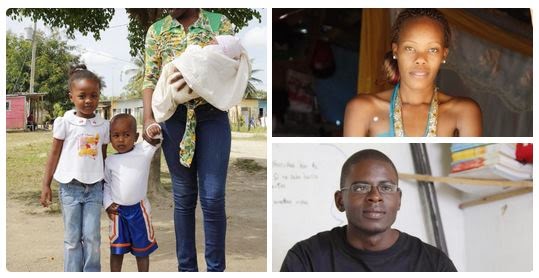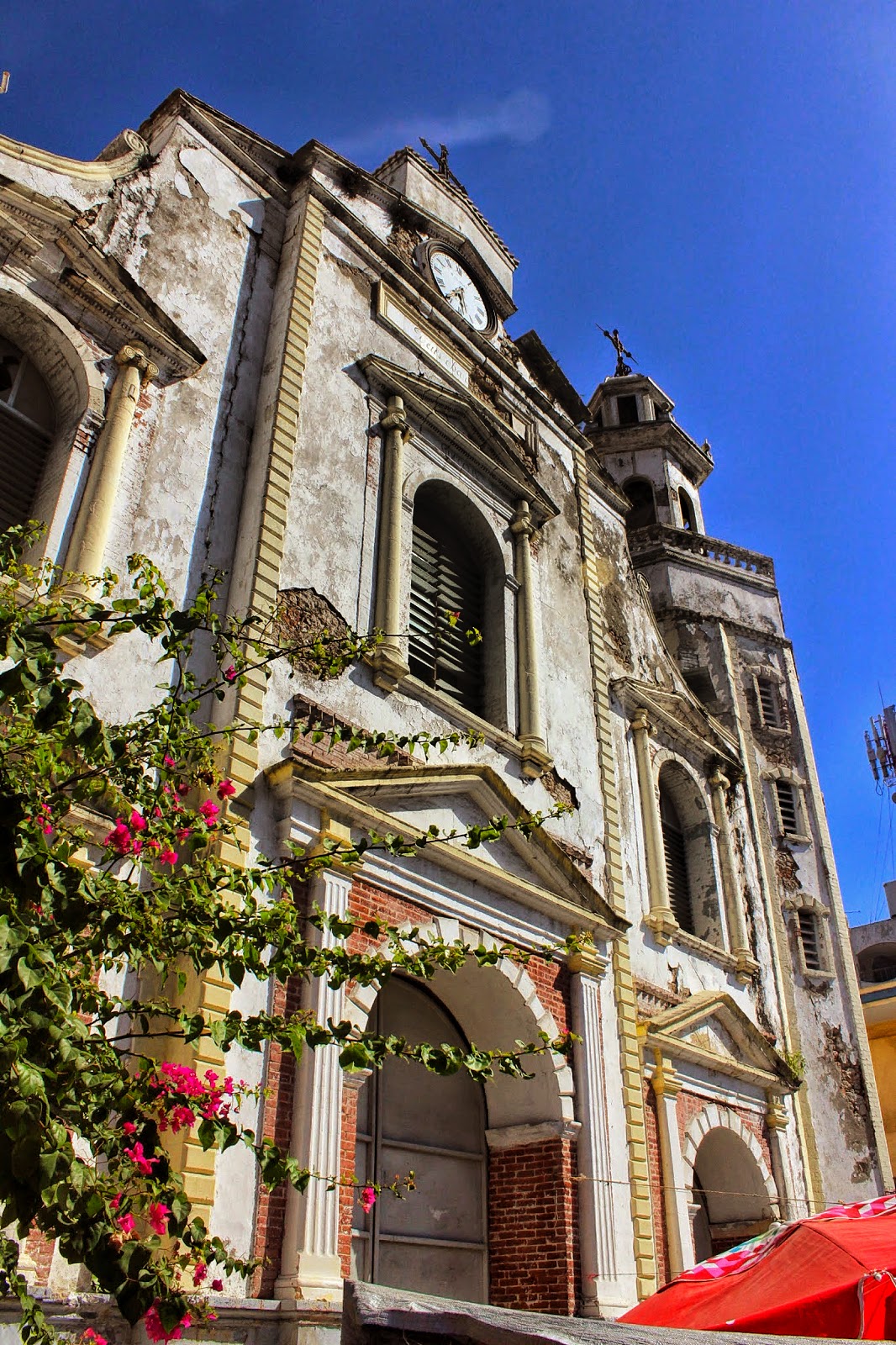This week the World Bank Inspection Panel announced that it
would not hear a complaint filed by six Haitian civil society organizations who
are concerned about plans for mining in at least five of Haiti's central and northern departments.
The World Bank, since 2013, has been involved in helping the
Haitian Government rewrite a 1976 mining law that would, in effect, make mining
a more attractive investment for the American and Canadian companies that have been exploring Haiti's soil for the past several years.
 |
| View of landscape in Haiti's northeastern department. (Photo credit: Ted Oswald) |
It was at this time the executive recommended revamping the
old law with the help of the World Bank, in order to help prospects for mining
to move forward. Indeed, the current administration is looking to mining as one
of the essential industries in helping Haiti "build back better."
Sampling over the past five years have revealed that Haiti has gold worth
up to $20 billion, which doesn't include other valuable minerals such as copper and silver.
Yet local communities and the six civil society groups that
make up the Justice in Mining Collective (Koleftif Jistis Min) are concerned
about the new law and the way they see things proceeding.
Thus far, the new law has been drafted in consultation with
mining experts, World Bank staff, and the Haitian government. Civil society has been notably absent, or rather, uninvited to the decision-making table. On one
occasion, a few members of civil society were invited to a mining forum at one
of Port-au-Prince’s fanciest hotels, but were not afforded an opportunity to
speak.
It is feared that, in Haiti’s current political crisis where President Martelly is ruling “by decree,” the draft mining law could be passed by executive order, without even parliamentary approval.
In January, the Justice in Mining Collective, with the help
of the Accountability Counsel and NYU Global Justice Clinic filed a complaint to
the Inspections Panel of the World Bank, over the high risk of environmental and
social impacts of mining as well as the lack of information and participation available
to communities over mining plans.
One particularly troubling clause in the new draft law allows for a ten-year confidentiality period for all documents pertaining to ongoing mining in Haiti.
One particularly troubling clause in the new draft law allows for a ten-year confidentiality period for all documents pertaining to ongoing mining in Haiti.
Despite these concerns, which could affect tens of thousands
of individuals in Haiti’s northern departments, the World Bank denied hearing the
complaint filed by the Justice in Mining Collective on technical grounds.
[Read Press Release: World Bank Refuses to Consider Haitian Communities' Complaint about New Mining Law]
According to the Panel, the transparency and public
involvement typically required of World Bank-sponsored projects does not apply
to projects funded by the “Bank-Executed Trust Fund,” such as the rewriting of Haiti's mining law, though the Panel admits that it ought to and recommends that reform take place in the World Bank system.
The Panel also conceded that there are significant risks associated with mining, and acknowledged the legitimacy of the Collective’s concerns.
Though the Bank is a key actor in the rewriting of the law and regularly touts the importance of public involvement and local participation, it is acting in this case as yet another exclusionary force that bars Haitian voices in matters that concern their own livelihoods. The Bank must realize that in Haiti's current context, where the government is generally closed off to local opinion, local populations have no audience with decision-makers.
As international backers of the new mining law and investors in the industry, the World Bank must heed Haitians' concerns over mining.































